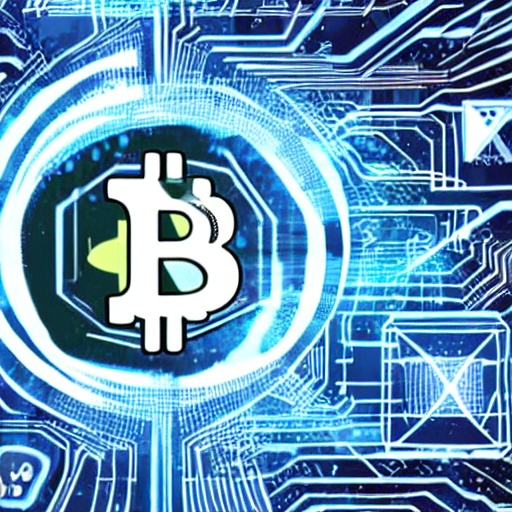Non-Fungible Tokens, commonly known as NFTs, have become a hot topic in the world of digital assets and blockchain technology. But what exactly are NFTs and why are they gaining so much attention?
To put it simply, an NFT is a digital asset that represents ownership or proof of authenticity of a unique item or piece of content, such as artwork, music, videos, virtual real estate, and more. Unlike cryptocurrencies like Bitcoin or Ethereum, which are fungible and can be exchanged on a one-to-one basis, NFTs are unique and cannot be replicated or interchanged with other tokens.
One of the key features of NFTs is their ability to be bought, sold, and traded on various online marketplaces, using blockchain technology to ensure transparency and security. Each NFT has its own distinct code, or token ID, which verifies its authenticity and ownership. This allows creators, artists, and collectors to establish provenance and monetize their creations.

The rise of NFTs has disrupted the traditional art market, providing a new avenue for digital artists to showcase their work and earn revenue. By tokenizing their art as NFTs, artists can sell their pieces directly to collectors, eliminating the need for intermediaries, such as galleries or auction houses. Additionally, NFTs enable artists to earn royalties on future sales, providing a potential source of ongoing income.
Beyond the realm of art, NFTs have also made their mark in the music industry. Musicians can release limited edition albums or songs as NFTs, offering exclusive perks to token holders, such as access to concerts, backstage passes, or even co-ownership of the music rights. This innovative approach allows artists to interact more directly with their fan base and provides fans with unique experiences and ownership opportunities.
Virtual real estate is another area where NFTs have gained traction. In virtual worlds such as Decentraland or Cryptovoxels, users can buy and sell digital land or properties using NFTs. These virtual spaces offer endless possibilities for creativity, social interactions, and even potential revenue streams through advertising or events.
However, it’s important to note that the NFT market is not without its controversies and challenges. While NFTs have unlocked new opportunities for creators and investors, the environmental impact of their underlying blockchain technology, particularly due to the energy consumption of mining, has raised concerns.
Despite the debates surrounding NFTs, they have undoubtedly opened up doors for decentralized ownership, direct artist-to-consumer relationships, and new forms of digital expression. As the technology continues to evolve, we can expect more diverse applications and innovative use cases for NFTs.
